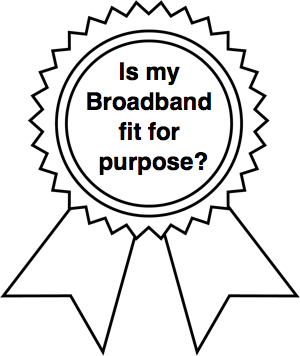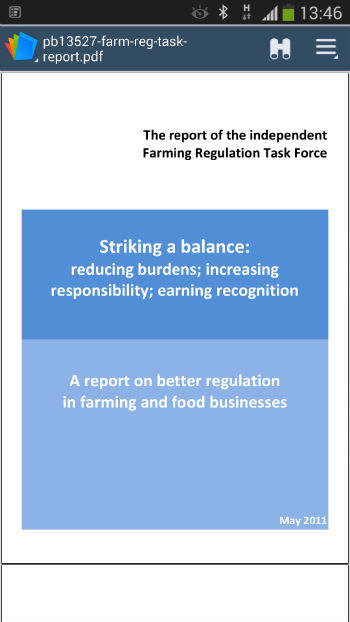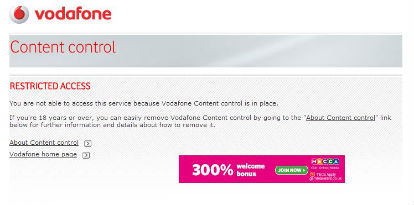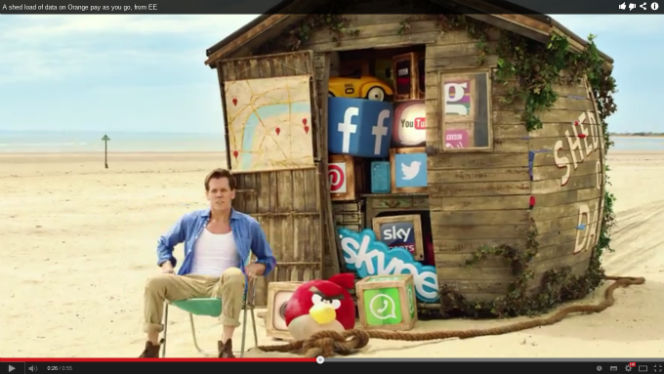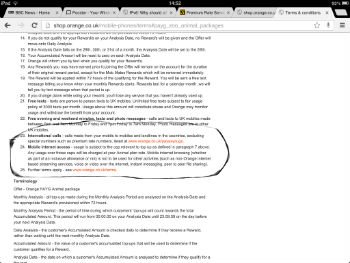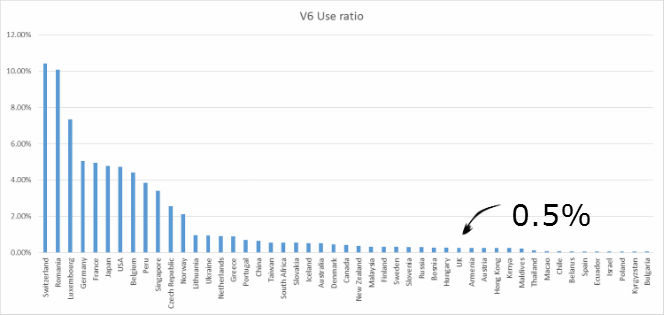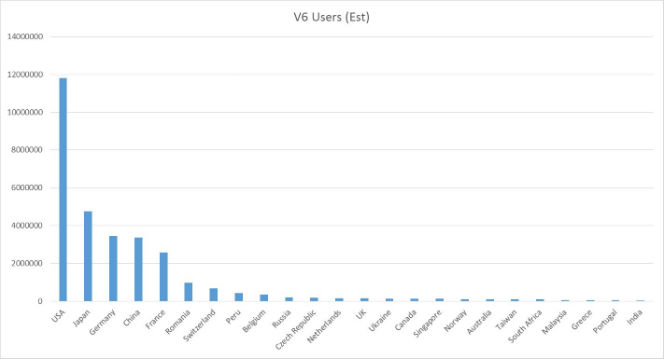Trefor.net welcomes VoIP Week guest contributor Ray Bellis, Senior Researcher at Nominet UK and Director at NICC Standards Ltd.
UK Proposed Architecture
I’ve blogged previously on the UK Specification being produced by the EmLoc Task Group of NICC Standards regarding the thorny problem of Emergency Services determining the location of a VoIP caller who may be unable to disclose their location, for whatever reason (e.g., the caller is under duress and is unable to talk, or they simply doesn’t know their location, etc.). This work was driven by General Condition 4 (GC4) of the “General Conditions of Entitlement“, which apply to all Communications Providers:
The Communications Provider shall, to the extent technically feasible, make accurate and reliable Caller Location Information available for all calls to the emergency call numbers “112” and “999”, at no charge to the Emergency Organisations handling those calls, at the time the call is answered by those organisations.
At the time of publication these were draft specifications — they’ve since been made publicly available as NICC Document ND1638. For more details of the architecture please see the aforementioned blog posting and the NICC Document.
A key component of the proposed architecture is that it would require every Internet Service Provider and Access Network Provider (ANP) to operate a service known as a “Location Information Server” (or “LIS”). The protocol provided by the LIS is described in RFC 5985 and is known as “HELD”, short for “HTTP-Enabled Location Delivery”.

Whilst Ofcom has not (yet) carried out any enforcement activity on ISPs or ANPs relating to GC4, they have commissioned a report on the NICC Document that concluded that the architecture described therein is “technically feasible”. It is therefore to be expected that at some point Ofcom will start enforcing this requirement.
Work to update ND1638 to reflect recent changes to IETF standards is ongoing, and also to allow device-provided location (e.g., GPS readings) to be sent to the Emergency Services during call setup. However, even if device-provided readings were available, ultimately the Emergency Handling Authorities (EHAs) would trust the network-provided location as the primary source of location, with device-provided location acting only as a means to enhance the former and be used when consistent with it.
ETSI M/493 Architecture
The European Commission published Standardisation Mandate M/493 in May 2011, requiring European Standards Organisations to develop standards in support of a “Location Enhanced Emergency Call Service”. This work is being carried out under the “End-to-End Network Architectures” (E2NA) ETSI Project.
The draft architecture being devised by the ETSI working group builds upon previous work by the National Emergency Number Association, the European Emergency Number Association, the Internet Engineering Task Force and others, and many of the functional components are very similar to those used in the UK architecture.
The draft ETSI architecture has one very significant difference from the UK architecture that reflects the more complicated emergency call routing required in some countries. In the UK all emergency service calls are now handled by BT, so the VoIP operator therefore has no need to make any call routing decisions other than recognising that the called number is an emergency number and passing the call to BT via the appropriate interconnect. In some European countries, however, that initial call routing also depends on the caller’s location, and therefore the architecture requires that the IP Access Network must provide the caller’s location to the VoIP operator before the call can be passed to the emergency services! This makes the LIS an essential component of the architecture, and therefore safety-critical, with all that this entails.
With EC and ETSI backing for this architecture it seems more likely than ever that ISPs and Access Network Providers will have to implement additional services within their networks to support emergency service calls, even though they are just “mere conduits” for those calls.
VoIP Week Posts:
